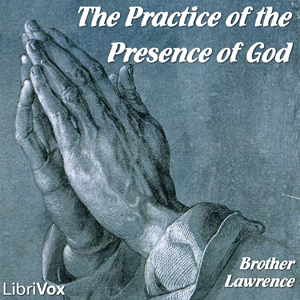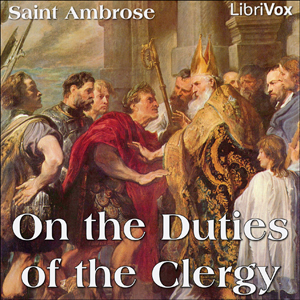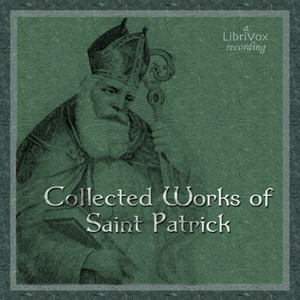- Greeting and Argument
- Sermon 1 (Ephesians 1:1-3)
- Sermon 2 (Ephesians 1:3-4)
- Sermon 3 (Ephesians 1:4-6)
- Sermon 4 (Ephesians 1:6-10)
- Sermon 5 (Ephesians 1:13-14)
- Sermon 6 (Ephesians 1:15-18)
- Sermon 7 (Ephesians 1:17-18)
- Sermon 8 (Ephesians 1:19-23)
- Sermon 9 (Ephesians 2:1-5)
- Sermon 10 (Ephesians 2:3-6)
- Sermon 11 (Ephesians 2:8-10)
- Sermon 12 (Ephesians 2:11-13)
- Sermon 13 (Ephesians 2:13-15)
- Sermon 14 (Ephesians 2:16-19)
- Sermon 15 (Ephesians 2:19-22)
- Sermon 16 (Ephesians 3:1-6)
- Sermon 17 (Ephesians 3:7-9)
- Sermon 18 (Ephesians 3:9-12)
- Sermon 19 (Ephesians 3:13-15)
- Sermon 20 (Ephesians 3:14-19)
- Sermon 21 (Ephesians 3:20-4:2)
- Sermon 22 (Ephesians 4:1-5)
- Sermon 23 (Ephesians 4:6-8)
- Sermon 24 (Ephesians 4:7-10)
- Sermon 25 (Ephesians 4:11-12)
- Sermon 26 (Ephesians 4:11-14)
- Sermon 27 (Ephesians 4:15-16)
- Sermon 28 (Ephesians 4:17-19)
- Sermon 29 (Ephesians 4:20-24)
- Sermon 30 (Ephesians 4:23-26)
- Sermon 31 (Ephesians 4:26-28)
- Sermon 32 (Ephesians 4:29-30)
- Sermon 33 (Ephesians 4:31-5:2)
- Sermon 34 (Ephesians 5:3-5)
- Sermon 35 (Ephesians 5:8-11)
- Sermon 36 (Ephesians 5:11-14)
- Sermon 37 (Ephesians 5:15-18)
- Sermon 38 (Ephesians 5:18-21)
- Sermon 39 (Ephesians 5:22-26)
- Sermon 40 (Ephesians 5:25-27)
- Sermon 41 (Ephesians 5:28-30)
- Sermon 42 (Ephesians 5:31-33)
- Sermon 43 (Ephesians 6:1-4)
- Sermon 44 (Ephesians 6:5-9)
- Sermon 45 (Ephesians 6:10-12)
- Sermon 46 (Ephesians 6:11-17)
- Sermon 47 (Ephesians 6:18-19)
- Sermon 48 (Ephesians 6:19-24)
While many of Calvin's sermons are now lost after they were sold by weight by the library of Geneva, his sermons on Ephesians have been preserved, having been translated into Early Modern English by Arthur Golding (who also translated Calvin's sermons on Galatians, Job and Deuteronomy). Arthur Golding's claim to fame is that his translation of Ovid's Metamorphoses influenced Shakespeare.
A comparison with Calvin's commentary on the same letter shows that Calvin saw preaching as no mere explanation of the text - the sermons work consecutively through the text but circle round on the point many time with brief illustration and continuous application to the hearers. The sermons on Ephesians were preached in French on Sundays morning and evening in Geneva in 1558 and were taken down in shorthand by Denis Raguenier, who had started taking his own notes on Calvin's sermons and was eventually employed to perform the task and did so until his death. Calvin preached without notes.
Calvin's aim was always to bring about faith in his hearers by which he means them comprehending their own helplessness and the kindness of God in Jesus Christ. An example of this from sermon 14 illustrates Calvin's goal and style:
Thus ye see that the thing which we haue to do continually, is too show that God hath been so kind unto us, as too be at one with us in the person of his Son, yea and to receive us to himself, that we might be washed and scoured from all our filthiness, and be accepted for righteous before him. Lo! how wretched souls are unbound. Lo! how poor captives are let out of prison. Lo! how they that erst were plunged in darkness of death are brought out again to the light of life.
(Summary by InTheDesert)
A comparison with Calvin's commentary on the same letter shows that Calvin saw preaching as no mere explanation of the text - the sermons work consecutively through the text but circle round on the point many time with brief illustration and continuous application to the hearers. The sermons on Ephesians were preached in French on Sundays morning and evening in Geneva in 1558 and were taken down in shorthand by Denis Raguenier, who had started taking his own notes on Calvin's sermons and was eventually employed to perform the task and did so until his death. Calvin preached without notes.
Calvin's aim was always to bring about faith in his hearers by which he means them comprehending their own helplessness and the kindness of God in Jesus Christ. An example of this from sermon 14 illustrates Calvin's goal and style:
Thus ye see that the thing which we haue to do continually, is too show that God hath been so kind unto us, as too be at one with us in the person of his Son, yea and to receive us to himself, that we might be washed and scoured from all our filthiness, and be accepted for righteous before him. Lo! how wretched souls are unbound. Lo! how poor captives are let out of prison. Lo! how they that erst were plunged in darkness of death are brought out again to the light of life.
(Summary by InTheDesert)
There are no reviews for this eBook.
There are no comments for this eBook.
You must log in to post a comment.
Log in











